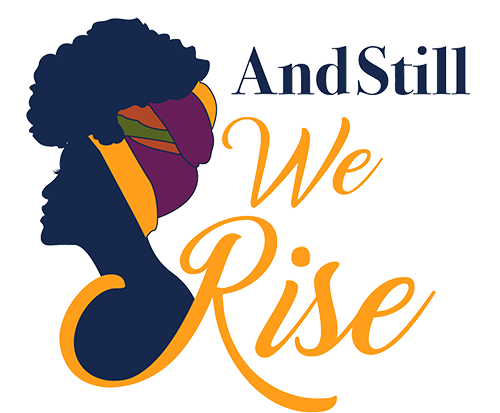What to talk about (when you don’t know what to talk about) in therapy
By: Dr. Chrissy Davis, Ph.D
You’re logging off your last work call of the day before your therapy appointment. Your meeting ran late so you are hopping straight into a Zoom with your therapist after talking about the budget on your most recent work project. You wish you’d had a chance to get your water bottle and you’re super hungry, but you’re running behind and your head is still running budget numbers. Your therapist greets you on the other side of the screen and asks you, “What would you like to talk about today?” Before you can think, you find yourself saying, “I don’t know.”
You did know on Tuesday night when you felt anxiety in your chest and couldn’t figure out why. You couldn’t wait to talk about that guy you matched with who ghosted you after your first date. You’ve had on your mind a while that you’ve been feeling really weird about food, and your friends are starting to notice. You really looked forward to this appointment all week. But all that can come out is, “I don’t know.”
It’s OK to not know. Therapists are there to help you understand yourself more. If you haven’t felt like yourself lately, therapy can help you put your finger on what’s feeling off. But it can be really discouraging, and sometimes even frustrating, to know you have things you want to talk about, but not know what to say.
Here’s a few tips on how to feel empowered to say what you want to say when you’re in therapy:
If you don’t know where to start, start with what is on your mind the most. Where do you find your mind wandering when you’re not able to sleep? When your stomach hurts, what thoughts do you notice? What is showing up in your dreams? When you vent to your friends, what do you find yourself talking about the most?
You can talk about what you’d like. You’re allowed to talk about Love is Blind. You’re allowed to talk about Taylor Swift. You’re even allowed to talk about how you had more minutes than any of your friends on your Spotify Wrapped. You can cuss. You can talk about sex. You can talk about your favorite flavor of La Croix. You can talk about your cat. If it’s important to you, it’s important to your therapist too. We can learn a lot about ourselves when we talk about what we care about, and how we spend our time.
Our bodies tell us a lot about our mental health. Do you get stomach aches when you’re on your commute to work? Have you noticed you get headaches near finals week? Are your palms sweaty when your family is talking about something that is making you feel bad? Do you find yourself oversleeping for plans you dread? Even if you’re not sure why these things are happening, bringing these observations up to your therapist can help you explore why your body is responding the way it is, and help you find skills to soothe yourself in a healthy way.
You can bring your own notes into therapy. Afraid you’re going to forget to bring something up? Jot it in your notes app on your phone. Notice that you feel funny after a movie you watched, but not sure why? Journal about it and bring it in to your therapist, if you want. You can look at your Instagram story archives to remind yourself what you did this week. You can look at your notes right beforehand, or you can even read what you journaled out loud in your appointment. Sometimes it helps people remember what they wanted to say!
Sometimes people really want to open up and talk about their feelings, but the idea of cracking it all open feels scary. It’s common that people worry if they start crying they won’t stop (just know, physically eventually you will stop!). If you’ve only seen your therapist a few times, it might feel weird to cry or feel your cheeks get warm in front of basically a stranger. You may feel embarrassed if your voice breaks while you talk about something emotional. These are all normal feelings, and normal ways for your body to react to your emotions. Therapists are here to help you feel comfortable to share at your pace. Feeling our feelings and talking about what is bothering us can be really hard, but it ultimately brings us relief. There is often tension, or discomfort, when we explore our feelings. It may bring tears, it may bring laughter, it may give us an “a-ha!” moment. Ultimately, it feels relieving to find a way to release our feelings if we are willing to give it a try.
So next time you log into your therapy session, maybe you can plan for it to be on a day you have less meetings to log into. Maybe, you can take a minute to grab a drink of water and a snack before you log in to the appointment. You can grab Kleenex if you want. You can feel empowered to write down what’s bothering you throughout the week, and notice your feelings with curiosity instead of judgment or shame. You can log in, pull up your notes app, take a deep breath, and when your therapist says, “What would you like to talk about today?”... you’ll be ready!
About:
Dr. Chrissy Davis, Ph.D (she/her) is psychotherapist for And Still We Rise. She is under the supervision of Dr. Natasha Holmes. Learn more about Chrissy here.

